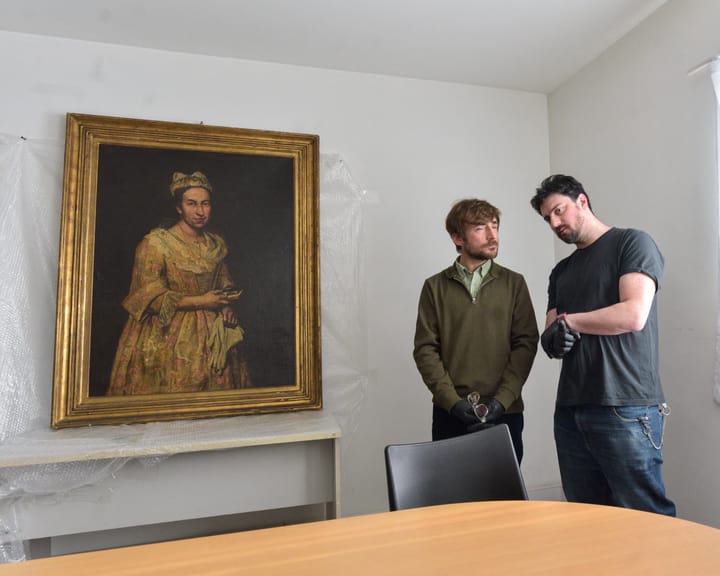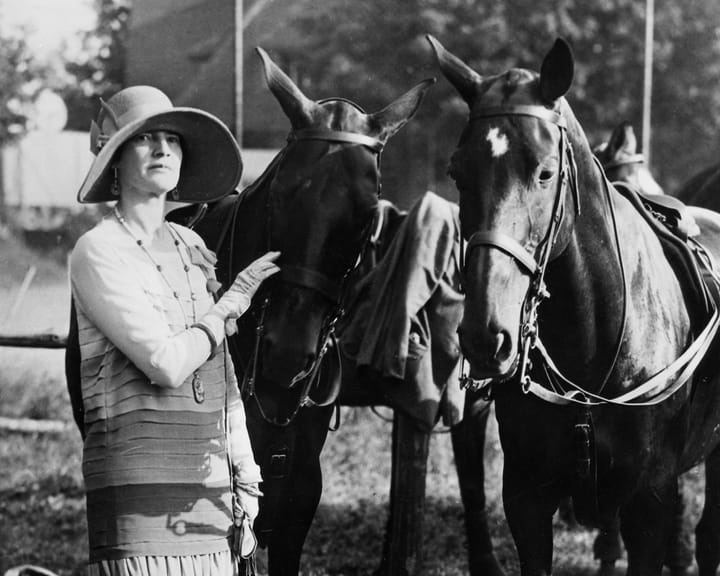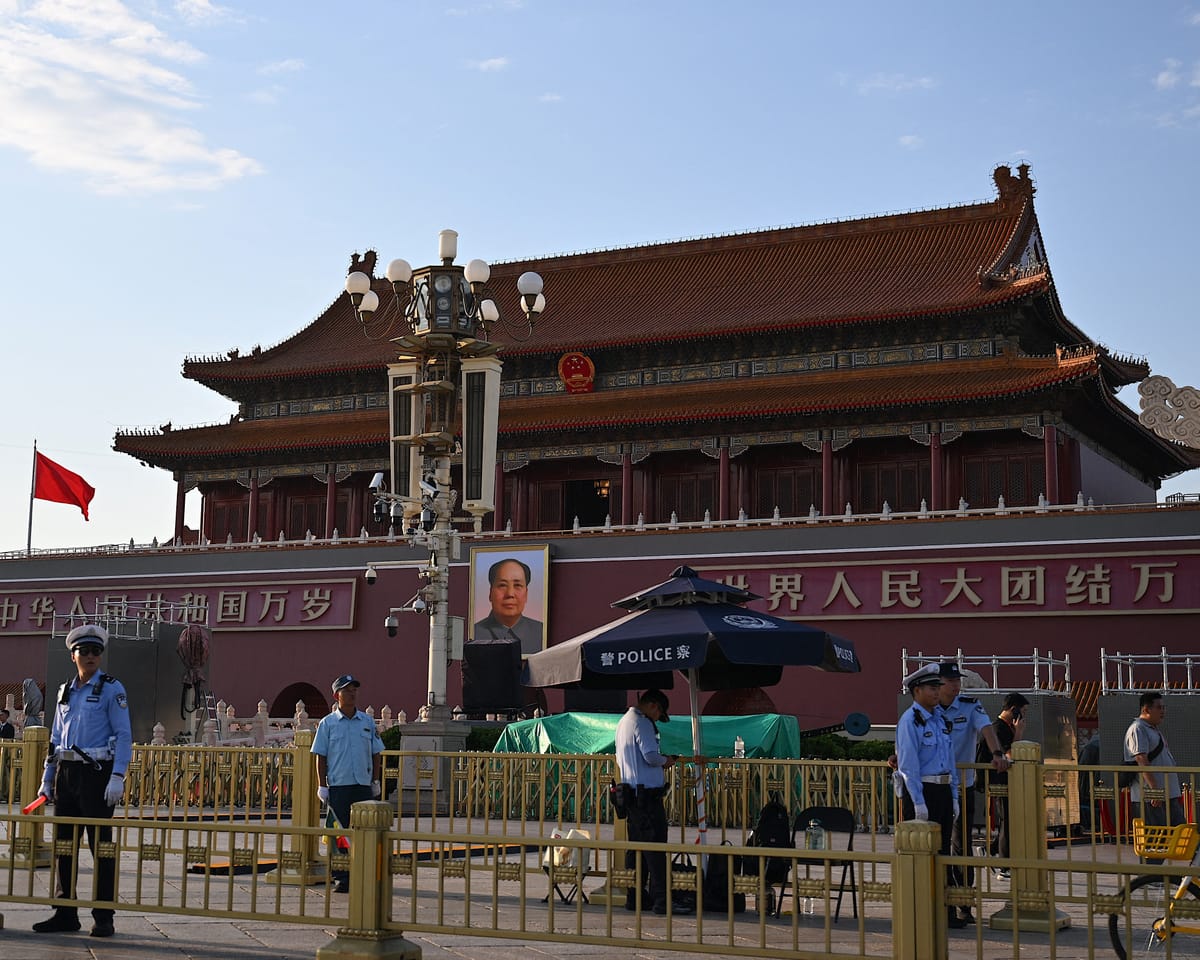Leaders from nations opposing Western influence will assemble in Beijing this week to express solidarity with China’s president, Xi Jinping, at a military procession marking the 80th anniversary of Japan’s defeat in World War II—an event intended to showcase China’s strategic and military capabilities.
Cooperation among Russia, China, Iran, and North Korea, termed by some analysts as a coalition of dissent, has been visible in conflicts such as Ukraine and the Middle East this year.
On Wednesday, Beijing will take the spotlight as the world’s second-largest economy positions itself as a counterpart to Western-dominated global structures.
The carefully organized march through Tiananmen Square—commemorating what China calls the War of Resistance Against Japanese Aggression—will feature 26 heads of state. Alongside Russia, North Korea, and Iran, representatives from Myanmar, Mongolia, Indonesia, Zimbabwe, and Central Asian nations will observe displays of new military hardware. Serbia and Slovakia are the only Western leaders listed in China’s official invitation.
“Xi Jinping aims to present his vision for the international system,” said Yu Jie of Chatham House. According to Yu, Xi believes the world should shift toward a multipolar model shaped by China and non-Western states.
Russia’s president, Vladimir Putin, is already in China after attending the Shanghai Cooperation Organisation summit in Tianjin. India’s Narendra Modi also participated in the Eurasian leadership meeting, signaling a slight easing of China-India tensions amid U.S. tariffs imposed on India for buying Russian oil.
The parade arrives two months after a muted U.S. military event in June, offering a contrast between American and Chinese military readiness—one Beijing likely welcomes.
“The timing follows a poorly received U.S. display,” noted Siemon Wezeman of the Stockholm International Peace Research Institute. He suggested China would underscore its superiority, conveying to the U.S. that their demonstrations surpass others.
China has recently emphasized its version of World War II history, downplaying Western contributions. During a May visit to Moscow for Russia’s Victory Day, Xi advocated for a “proper historical understanding,” stating that China and the Soviet Union were the primary forces against Japanese and German militarism.
Read next

"TikTok star highlights political power of South Africa's unsung culinary treasures"
Solly’s Corner, a popular eatery in downtown Johannesburg, was busy. Pieces of hake and crisp fries crackled in the fryer, green chillies were chopped, and generous amounts of homemade sauce were spread onto filled sandwiches.
Broadcaster and food enthusiast Nick Hamman stepped behind the counter, where Yoonas and Mohammed

Nazi-looted 18th-century portrait found in Argentina after 80 years
There was nothing particularly unusual about the middle-aged couple living in the low, stone-covered villa on Calle Padre Cardiel, a quiet street in the tree-lined Parque Luro neighborhood of Mar del Plata, Argentina’s most well-known coastal city.
Patricia Kadgien, 58, was originally from Buenos Aires, roughly five hours north.

"An aristocrat hid her Jewish lover in a sofa bed amid daring acts of German resistance to the Nazis"
Resistance in the Shadows: Germans Who Defied the Nazis
Growing up, our home had a steadfast rule: nothing German was permitted. No appliances from German manufacturers in the kitchen, no cars from German automakers in the driveway. The decree came from my mother. She was not a survivor of the

